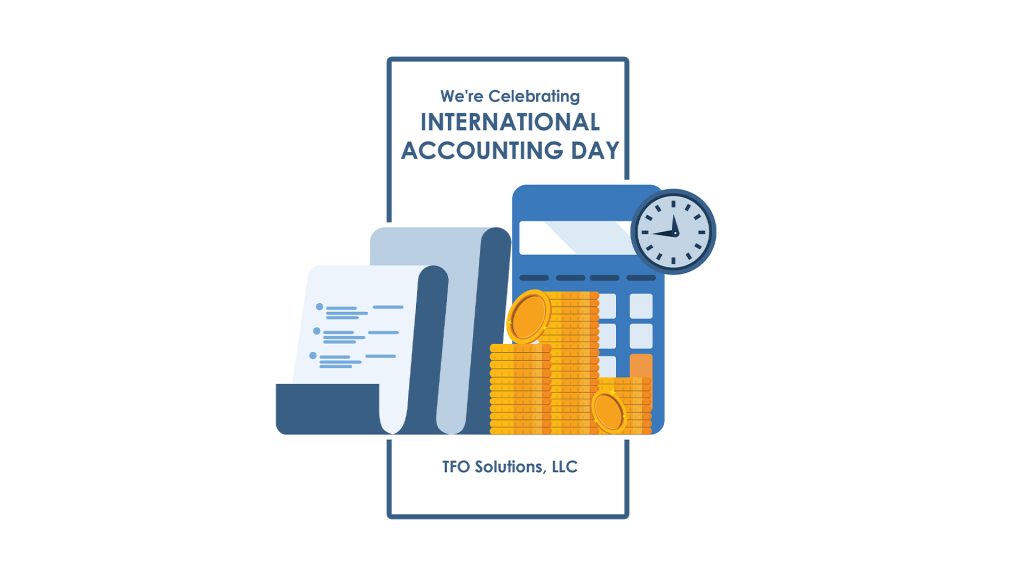In the realm of personal finance, understanding the psychology behind spending habits is crucial. Emotional spending can be a significant roadblock on the path to financial wellness. Today, we’re delving into the psychological triggers of emotional spending and providing practical strategies to help individuals regain control of their finances. If you want to further improve your spending habits, make sure to visit MoneyFor’s blog for helpful articles.
Identifying Emotional Spending
At its core, emotional spending is about seeking immediate gratification or comfort through purchases, often in response to:
- stress;
- boredom;
- loneliness;
- or even happiness.
It’s marked by spontaneous decisions to buy, with little thought given to the necessity or long-term impact of the purchase. This habit can undermine financial goals, lead to debt accumulation, and fuel a continuous cycle of emotional highs followed by lows of regret and financial stress.
Understanding the Triggers
Emotional spending is not just about the act of buying; it’s deeply tied to psychological triggers. Recognizing these triggers is the first step toward gaining control.
To uncover what’s driving impulsive spending, it’s helpful to reflect on the circumstances and feelings associated with recent purchases:
- What was I feeling before making this purchase? Understanding the emotional state before buying can help identify if the purchase was an attempt to counteract feelings of stress, boredom, or loneliness.
- Was this purchase planned? If a purchase wasn’t planned, it might indicate a response to an immediate emotional need or external trigger.
- How do I feel about this purchase now? Post-purchase regret or indifference can signal that the purchase was driven by impulse rather than necessity.
- Am I frequently influenced by sales or promotions? Recognizing a pattern of buying items just because they’re on sale can highlight susceptibility to marketing as a trigger.
- Do I often buy things to keep up with others? Acknowledging purchases made to match or exceed the spending of peers can reveal peer pressure as a trigger.
Sometimes, the root causes of emotional spending run deep, and seeking support from a financial advisor or a therapist can be beneficial. Professional guidance can help address underlying emotional issues and develop strategies to manage financial behavior effectively.
Strategies to Overcome Emotional Spending
Addressing the root of impulsive purchases is arguably the most important task. But it takes time. In addition, you can use these practices:
Create a Budget
A well-structured budget serves as a roadmap for financial decision-making, clearly outlining how much money can be spent, saved, or allocated towards debts each month. By setting spending limits, individuals are more mindful of their purchases, reducing the likelihood of emotional spending.
Plan for Impulsive Purchases
Try setting aside a portion of your budget for making impulsive purchases. You’re less likely to overspend when these expenses are taken into account. This can be up to 10% of your monthly budget.
Wait Before You Buy
Implementing a waiting period before making a purchase is a powerful tool in curbing impulsive spending. A 24 to 48-hour waiting period allows for emotional detachment from the initial impulse, providing time to evaluate whether the purchase is necessary or merely a response to temporary feelings.
Identify Alternative Coping Mechanisms
Finding healthier ways to manage emotions is essential in overcoming emotional spending. Activities such as exercising, journaling, or engaging in a hobby can provide positive outlets for dealing with stress or sadness, reducing the reliance on shopping as an emotional crutch.
Track Spending
Keeping a record of purchases can offer valuable insights into spending habits, highlighting patterns that may indicate emotional spending. Reviewing spending regularly encourages accountability and helps identify areas where emotional triggers have influenced spending decisions.
Set Financial Goals
Having clear, achievable financial goals can redirect focus from short-term emotional satisfaction to long-term financial health. Whether it’s saving for a vacation, building an emergency fund, or paying off debt, working towards these goals provides motivation to resist impulsive purchases.
Limit Temptations
Reducing exposure to shopping triggers, such as unsubscribing from marketing emails or avoiding browsing online stores, can significantly decrease the temptation to spend emotionally. Establishing a more intentional approach to shopping helps prevent spontaneous purchases driven by emotions.
Practice Gratitude
Focusing on what one already has, rather than what one lacks, fosters a sense of contentment that can counteract the desire to make unnecessary purchases. Practicing gratitude can shift perspective, reducing the urge to buy new items for emotional fulfillment.
In Conclusion
The psychology of spending reveals that emotional spending habits are deeply intertwined with how individuals cope with their feelings. Overcoming these habits requires a multifaceted approach, including recognizing triggers, implementing practical strategies to manage finances, and seeking healthier ways to cope with emotions.
By addressing emotional spending head-on, individuals can take significant steps towards achieving financial stability and emotional well-being, crafting a more intentional and fulfilling relationship with money.





















